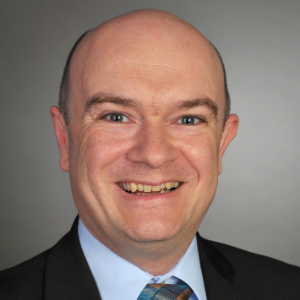Title : High quality contacts to MoS2 nanotube quantum dots
Abstract:
Planar transition metal dichalcogenides (TMDCs) are at the center of manifold research efforts due to their intrinsic two dimensional nature and their outstanding electronic and optical properties. Despite detailed studies of their optical parameters, worldwide efforts to reach single level transport in lithographically designed quantum dots at low temperatures – towards spin, valley, or charge qubits - have so far been mostly unsuccessful. This is due to the requirement for very small confinement potentials as well as disorder from dangling bonds at the edges of nanoflakes. Both issues can be circumvented by using clean, as-grown MoS2 nanotubes and nanoribbons. First Coulomb blockade measurements were recently performed on a MoS2 nanotube grown from vapour phase and were so far limited by disorder below the metallic scandium contacts. Here, we present low temperature measurements on MoS2 nanotubes and nanoribbons contacted using bismuth. Bismuth is less reactive and has a vanishing density of states at the Fermi edge, suppressing metal-induced gap states. Our data clearly shows the nondestructive and transparent nature of these contacts to our quantum dots and indicates quantum confinement.
Audience Take Away Notes:
- MoS2 nanotubes are a highly promising nanomaterial for electronic quantum devices, both (at room temperature) as field effect transistors and (at cryogenic temperatures) as single electron transistors
- Bismuth-based contacts to the nanotubes are both Ohmic and nondestrucive, i.e., they preserve the lattice of the underlying MoS2
- With this one of the fundamental problems towards using MoS2 devices at low temperatures is solved


